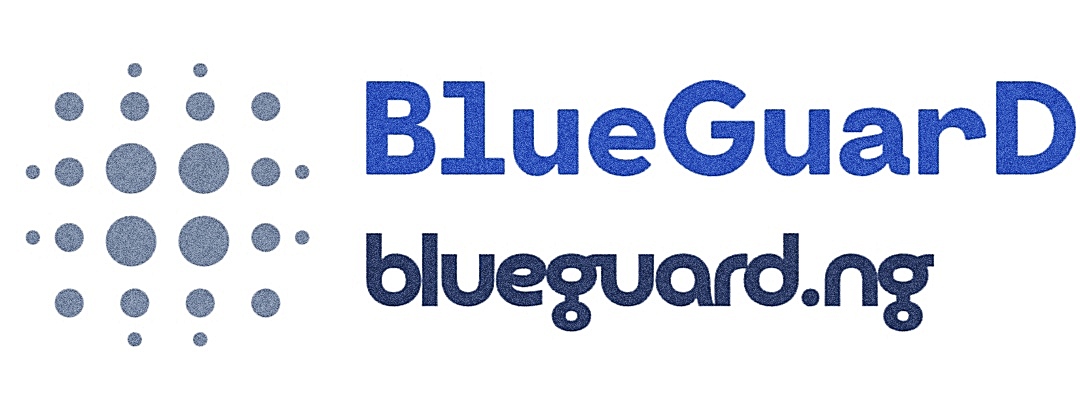This is about one year after the Central Bank of Nigeria (CBN) announced the change in naira notes of #200, #500 and #1000 but Nigerians are still facing cash shortages.
One thing that will be difficult for the Nigerian people to forget is how in the beginning, the implementation of the system led to people buying naira as they used to buy foreign currencies because of the lack of cash at ATMs and POS terminals. There was a times when banks, taxi drivers and other traders refuse to accept old naira notes despite the order to continue using them.
Let's look at the controversies that happened as a result of issue of changing the currency notes which up till now it have not changed.
Extending and withdrawing the period of use of old naira notes
The Central Bank of Nigeria, CBN has announced in 2022 that, old 200, 500 and 1000 naira notes will be removed from circulation by the end of January. The bank extended the deadline to February 10 because of too much complaints from the citizens.
However, before that time, some governors of the three northern states of Nigeria - Zamfara, Kogi and Kaduna took the federal government to Supreme Court because of the extreme suffering of their people due to this federal government policy. A few days later, the court ordered the government to extend the ultimatum of using the old currency notes, and demanded that the old and new currency notes continue to be legal tender until the end of December 2022.
This happened after there were more states (in total 16) that criticized the process of renewing the design of the naira notes. After this, there were some orders from the old government that conflicted with the court orders. Nigerian citizens continued to suffer due to the shortage of currency notes up to the time of general election that took place on 25th, February 2023, before which some doubted that it would be difficult to hold the election on the scheduled date.
NLC protest extend banking to weekends
After the presidential election, the Nigerian Labour Congress (NLC) union threatened to go on a general strike in March to express its anger over how shortage of currency lead to people suffering, and the brunt caused by the withdrawal of oil subsidies. However, the group withdrew its decision a few days before the date scheduled to commence the strike. NLC said she withdrew its intention because of the meeting they had with officials of federal government which promised to provide ease to the people which made the NLC vow that as long as people continue to face difficulties in getting naira notes, they will go on strike.
Among the promises made by the government is provision of enough naira notes that will suffice the country so that people can continue their daily activities without facing any problem.
This prompted the CBN to instruct commercial banks to open on weekends to ensure that people have access to new naira notes and deposited their old ones.
How the thing ended
Business activities have entered into a bad situation due to lack of money especially in small business sector.
The Supreme Court on the 29th of November said that the old naira note should continue to be legal tender till further notice after accepting request of the Minister of Justice of the country.
Later, the Central Bank of the country also issued a statement that showed the sustainable use of new and old notes altogether.
However, this order left behind aftermath as people are still having difficulty in getting enough naira notes in their hands to do end of the year celebrations and other activities.
Elites are divided on this matter - some are seeing it as the worst scheme ever implemented in Nigeria since the introduction of the SAP program in 1986 while others are seeing it as good scheme that will move Nigeria forward especially if the system has been thoroughly studied and utilised.
Print this post



.png)

0 Comments